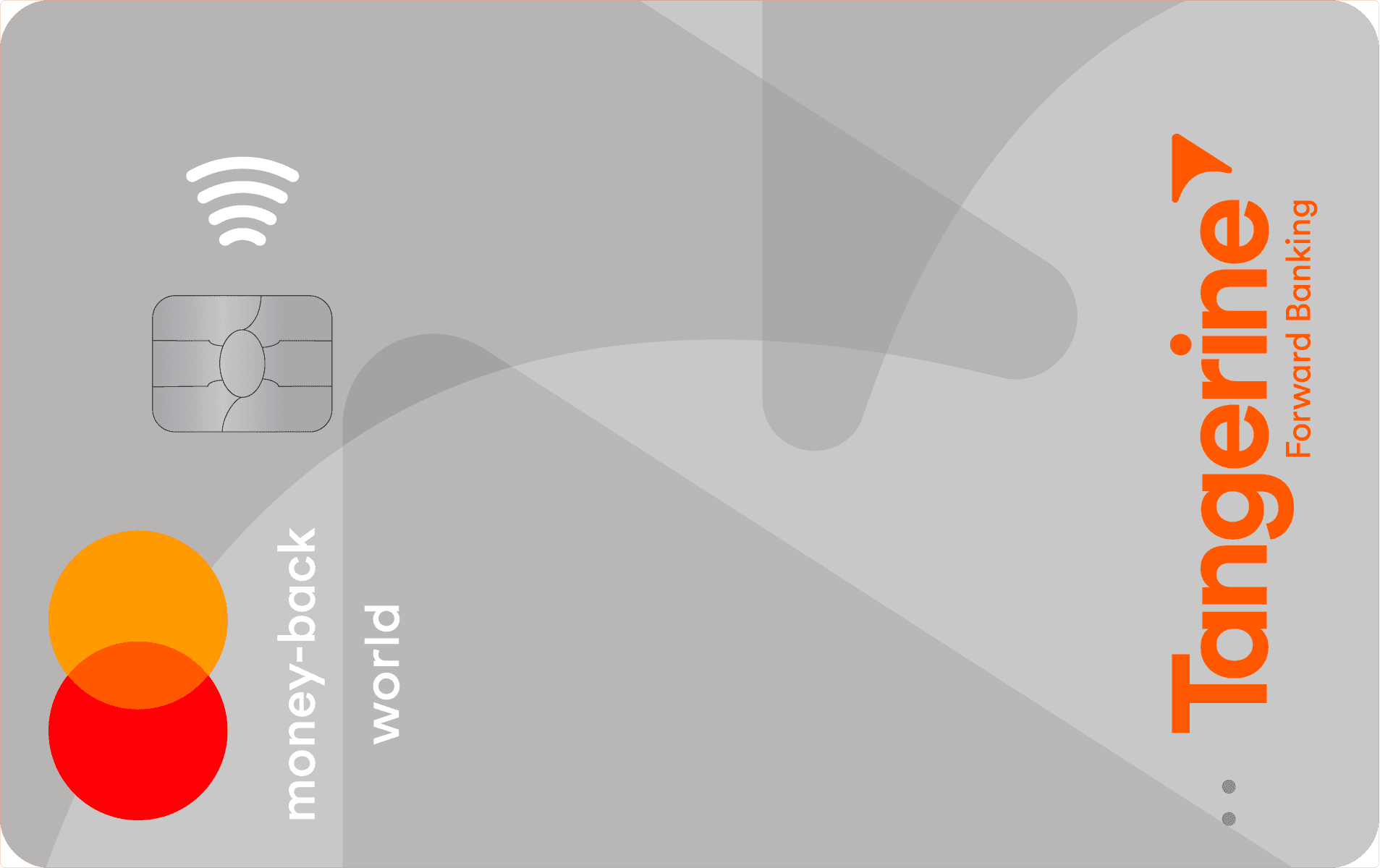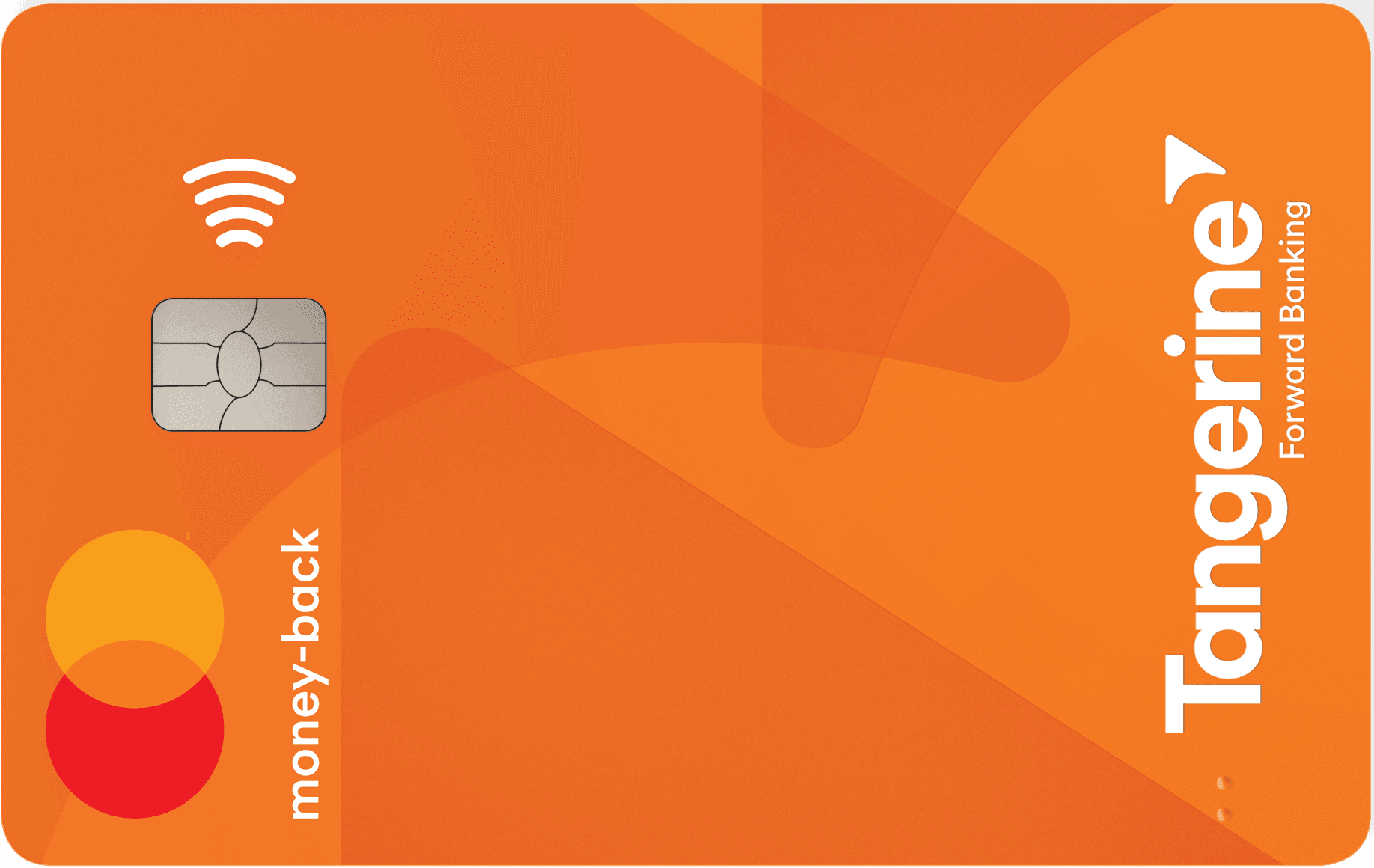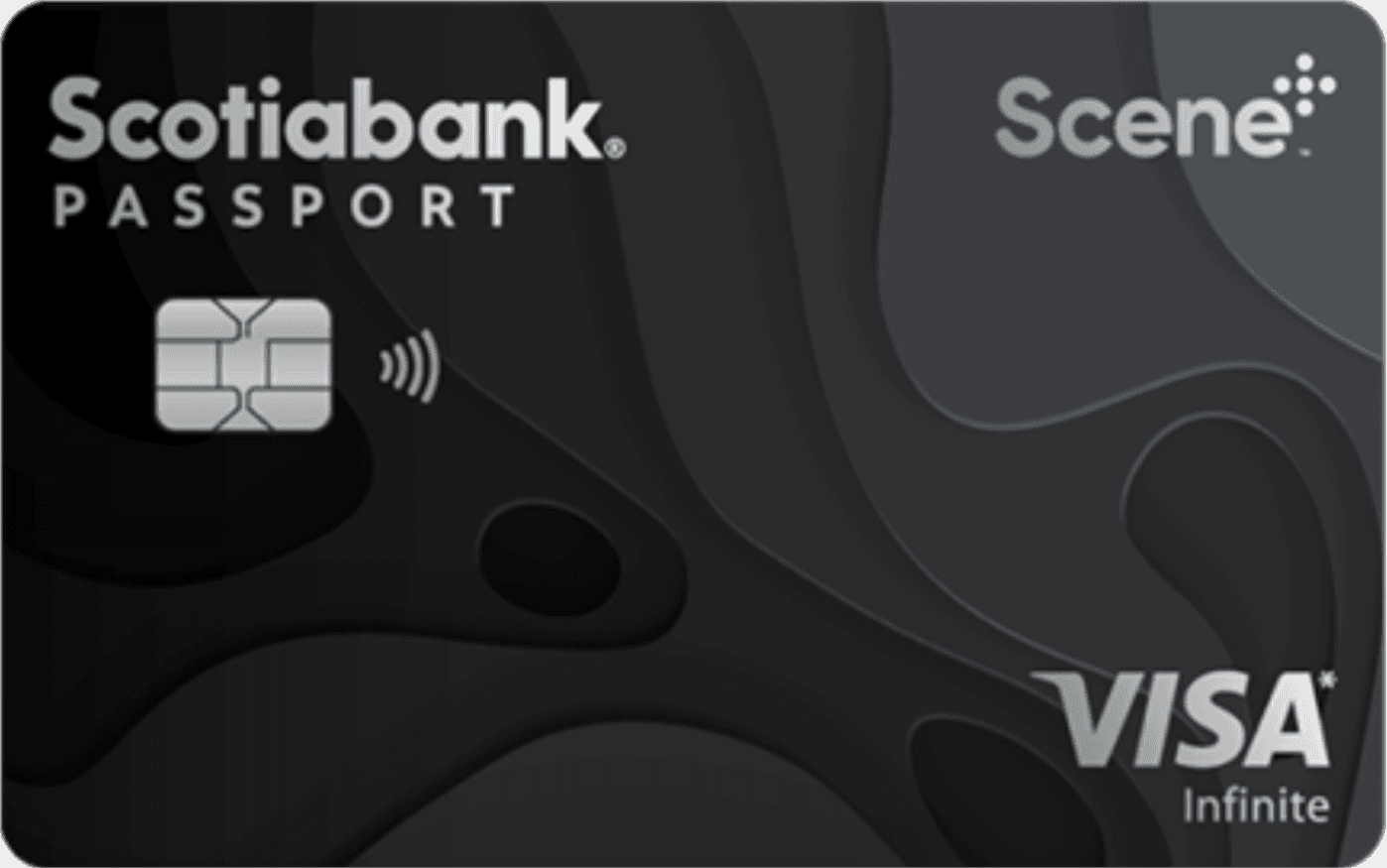Working hard in the background...
10 Common Credit Card Mistakes in Canada (and How to Avoid Them)
Published Jan 10, 2026 2:04 AM • 7 min read
Credit cards are powerful financial tools. They can help build your credit history, give you access to rewards, and offer security for everyday purchases. But when mismanaged, they can also lead to debt, high fees, and long-term financial problems. Many Canadians – especially those new to credit or new to the country– make the same avoidable errors. Understanding these mistakes and how to avoid them is key to staying financially healthy.
Below are ten frequent mistakes people make with credit cards and how to avoid them. By understanding these pitfalls and using your card responsibly, you can save money, protect your credit rating, and get the most out of your card.
1. Missing Payments
Late or skipped credit card payments can severely hurt your credit. Payments more than 30 days late can stay on your report for up to six years, lowering your score and affecting future borrowing. Late fees and higher interest rates add to the damage, and repeated missed payments may lead to account closure.
How to avoid this: Always pay at least the minimum by the due date. For added convenience, use auto-pay or set reminders. If you can’t pay off your balance in full, contact your issuer early to arrange a plan. On-time payments protect your credit and save money on penalties.
2. Paying Only the Minimum
Paying the minimum keeps your account open but leaves you with expensive debt. With Canadian credit card rates often near 20%, carrying a balance adds up fast. Most of your payment covers interest, making repayment drag on for years.
How to avoid this: Pay the full balance when you can. If that’s not possible, pay as much above the minimum as your budget allows. Keep spending within what you can pay off monthly. If you carry balances often, consider a best low-interest credit card or opt for a best balance transfer credit card in Canada.
3. Maxing Out Your Card
Using all or most of your credit limit hurts your score even if you pay on time. Lenders track your credit utilization and suggest staying under 30%. For a $5,000 limit, aim to keep your balance below $1,500.
How to avoid this: monitor your spending and keep balances low. Request a higher limit after building a good payment history or spread purchases across cards to avoid high usage on one. Only spend what you can pay off each month.
4. Taking Cash Advances
Credit card cash advances are one of the most expensive credit card transactions. Interest starts immediately at higher rates than purchases, and issuers add extra fees, making this a costly way to borrow.
How to avoid this: Use a debit card or lower-interest options for cash. Save credit card cash advances for true emergencies and pay them off quickly. Check your card’s terms so you know the credit card fees and rates before using this feature.
5. Ignoring Monthly Statements
Ignoring your credit card statements can cost you. If you pay without checking, you might miss fraudulent charges or errors. Statements show all purchases, payments, interest, and fees, making them your first defense against mistakes and fraud. Reviewing also helps you track spending and spot unusual activity early.
How to avoid this: Read each credit card statement line by line each month. Look for charges you don’t recognize and contact your issuer immediately if something seems off. Many banks let you monitor transactions in real time through mobile apps, so you can catch issues before the bill arrives. Regular reviews save money and help you stay aware of your spending habits.
6. Not Understanding Card Terms and Fees
Not understanding your card’s terms can lead to unexpected costs. Annual fees, interest rate changes after intro offers, penalty APRs (Annual Percentage Rate), and foreign transaction fees are all in the fine print. Missing these details can mean paying unnecessary fees or losing benefits.
How to avoid this: Read your card’s terms upon account activation. Know the annual fee, how you credit card interest rate works and understand grace periods and penalty charges. Watch for notices about any changes. If anything is unclear, call customer service. Understanding your card’s rules helps you avoid surprises and make full use of its features.
7. Spending More Than You Can Afford
Overspending is one of the fastest ways to fall into debt. Some people even spend extra to earn rewards, but if you can’t pay off the balance, interest wipes out any benefit. Large balances can take months or years to pay down, causing stress and long-term debt.
Read More: How to Get Out of Credit Card Debt
How to avoid this: Treat your credit card like cash and set a limit based on what you can pay off each month. Use apps to track spending and only chase rewards on purchases you planned and can pay in full. When spending, prioritize necessities like groceries or gas and avoid impulse buys.
8. Applying for Too Many Credit Cards at Once
Each new card application triggers a hard inquiry that can lower your credit score. Applying for several cards in a short time can also make lenders wary and tempt you to overspend with higher available credit.
How to avoid this: Be selective and space out applications. Only apply for cards that serve a specific purpose. Use one card responsibly before adding another. Remember, a long, stable credit history benefits your score more than multiple new accounts.
9. Sticking with the Wrong Card
Using a card that no longer fits your needs can cost you rewards and value. Many people keep their first basic card with no rewards or low limits even after qualifying for better options without choosing a better second credit card. Others continue paying high fees for perks they no longer use. The wrong card means lost rewards or paying for benefits you don’t need.
How to avoid this: Regularly review your credit cards, compare them with current offers, and switch credit cards strategically to maximize benefits. If your card has high fees or weak rewards, switch to one that matches your spending habits. Keep your oldest card open if possible to maintain credit history, especially if it has no annual fee. The goal is to hold cards that match your lifestyle without paying for unused benefits.
10. Not Using Credit Card Rewards and Benefits
Failing to redeem rewards or use perks means leaving money on the table. Many Canadian credit cards include features such as travel insurance, extended warranties, and cash back. Ignoring these perks or letting points expire reduces the card’s value.
How to avoid this: Learn your card’s rewards program and benefits. Use the right card for bonus categories and redeem points or cashback regularly. Know what insurance your card offers to avoid paying for coverage you already have. Fully using your card’s perks maximizes its value and saves money. If you frequently take advantage of perks, consider using the best perks credit cards available in Canada.
Conclusion
By avoiding these mistakes and managing your credit cards wisely, you can protect your credit score, save on fees, and make your cards work for you. Focus on paying on time, keeping balances low, and maximizing rewards without overspending. With a clear plan, credit cards can be valuable financial tools instead of sources of stress.
Frequently Asked Questions
Late payments, paying only the minimum, maxing out limits, ignoring statements, and overspending are major pitfalls. Other mistakes include using cash advances, applying for too many cards at once, and not choosing the right card for your needs.
If you only pay the minimum, you’ll avoid late fees but accumulate interest quickly. With rates around 20% APR, balances can take years to pay off and cost far more than the original purchases. Paying more than the minimum saves on interest and clears debt faster.
No. Carrying a balance doesn’t improve your score and costs interest. In fact, it can lead to interest charges and may hurt your score if the debt isn't well managed. Making purchases and paying in full on time builds your credit history without any extra charges.
Closing a card can reduce available credit and shorten account history, which may lower your score slightly. If possible, keep your oldest no-fee card open. If you decide to cancel a card, pay off its balances first and avoid multiple credit changes at the same time.
Trending Offers

Tangerine® Money-Back World Mastercard®*

Tangerine Money-Back Mastercard

BMO Performance Chequing Account

Scotiabank Passport® Visa Infinite* Card
What's on this Page
- 1. Missing Payments
- 2. Paying Only the Minimum
- 3. Maxing Out Your Card
- 4. Taking Cash Advances
- 5. Ignoring Monthly Statements
- 6. Not Understanding Card Terms and Fees
- 7. Spending More Than You Can Afford
- 8. Applying for Too Many Credit Cards at Once
- 9. Sticking with the Wrong Card
- 10. Not Using Credit Card Rewards and Benefits
- Conclusion
About the author

Faith Ogunkanmi
Editor
Faith is a seasoned finance professional with over six years of experience specializing in credit analysis, financial risk assessment, and business/personal lending. My background includes extensive w...
SEE FULL BIOAbout the editor

Sara Skodak
Lead Writer
Since graduating from the University of Western Ontario, Sara has built a diverse writing portfolio, covering topics in the travel, business, and wellness sectors. As a self-started freelance content ...
SEE FULL BIO